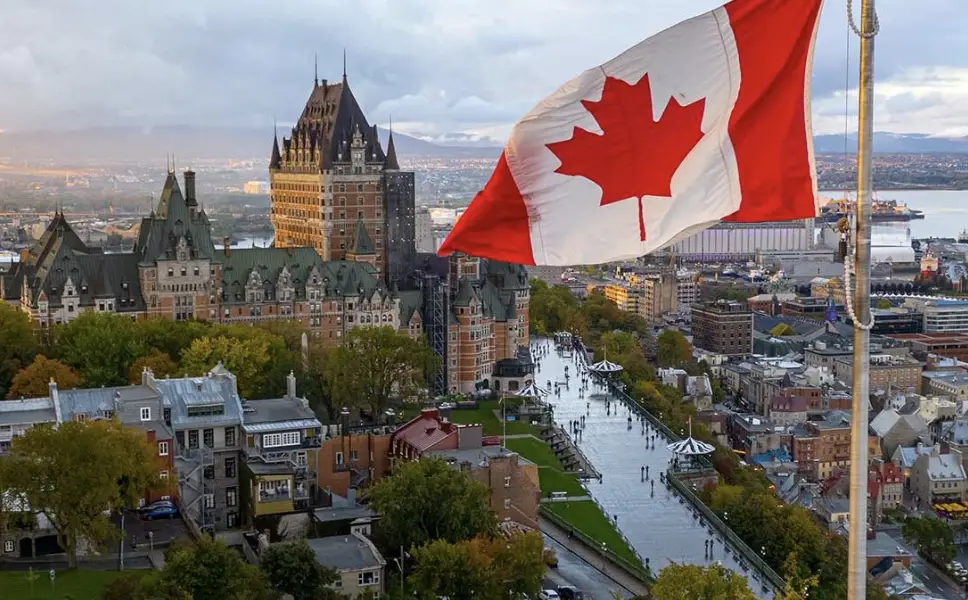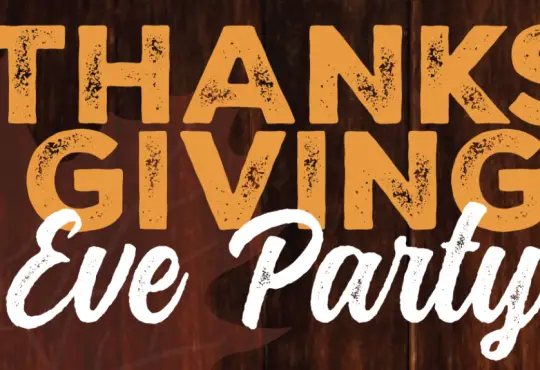
Raising a Glass North of the Border: Legal Drinking Age in Canada
Canada, with its diverse culture and landscapes, is a country known for its hospitality and enjoyment of various beverages. When it comes to alcohol consumption, there are regulations in place to ensure responsible drinking and the well-being of its residents and visitors. In this blog post, we’ll delve into the legal drinking age in Canada and the guidelines that govern alcohol consumption across its provinces and territories.
Provincial Variations:
Unlike some countries with a uniform legal drinking age, Canada’s drinking age varies from province to province and territory to territory. However, the majority of provinces have established 19 as the legal drinking age, while a few have opted for 18. Here’s a breakdown of the legal drinking ages across Canada:
- Alberta: 18 years old
- British Columbia: 19 years old
- Manitoba: 18 years old
- New Brunswick: 19 years old
- Newfoundland and Labrador: 19 years old
- Northwest Territories: 19 years old
- Nova Scotia: 19 years old
- Nunavut: 19 years old
- Ontario: 19 years old
- Prince Edward Island: 19 years old
- Quebec: 18 years old
- Saskatchewan: 19 years old
- Yukon: 19 years old
Reasoning Behind the Age Limits:
The legal drinking age in Canada is determined by each province and territory based on their own considerations, research, and discussions. The decision to set the legal drinking age at either 18 or 19 is influenced by factors such as public health, safety, and social norms.
Effects of Underage Drinking:
Underage drinking can have serious health, social, and legal consequences. Establishing a legal drinking age aims to protect young individuals from the potential dangers associated with alcohol consumption, including impaired judgment, accidents, and the development of unhealthy drinking habits.
Enforcement and Consequences:
Canadian provinces and territories have regulations and penalties in place to discourage underage drinking. Licensed establishments, such as bars and restaurants, are responsible for verifying the age of individuals seeking to purchase or consume alcohol. Falsifying identification or providing alcohol to minors can result in fines, suspensions of licenses, and other legal consequences.
Parental Consent:
In some provinces, parental consent may allow minors to consume alcohol under specific circumstances. However, this is subject to regulations set by each province and territory.
In Conclusion:
The legal drinking age in Canada varies based on the province or territory you find yourself in. While the majority of provinces have set the age at 19, a few provinces have chosen 18 as the legal drinking age. It’s essential to be aware of and adhere to the regulations in place, as they are designed to ensure responsible drinking and the safety of all individuals. Whether you’re enjoying the bustling city life of Toronto, the picturesque landscapes of British Columbia, or the cultural richness of Quebec, understanding the legal drinking age is an important aspect of engaging with Canadian culture and its approach to alcohol consumption.






